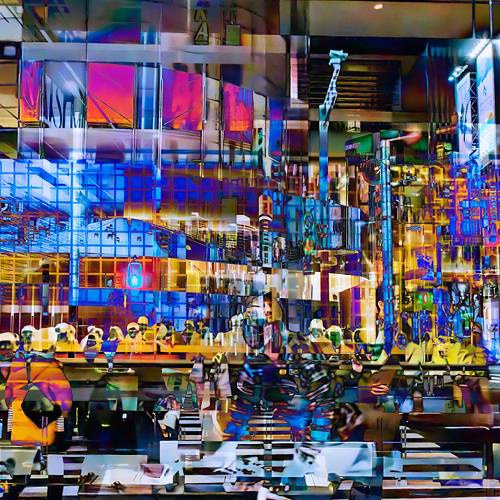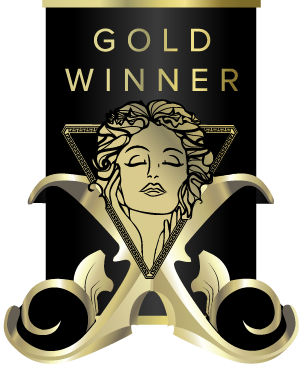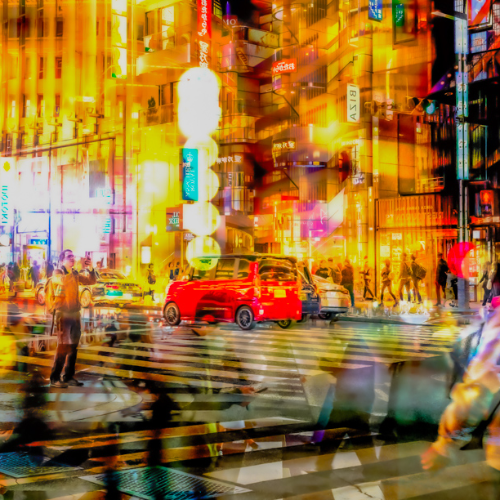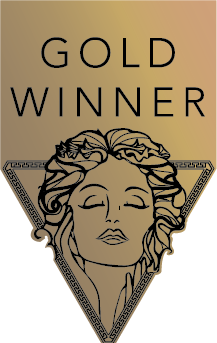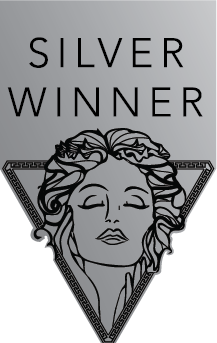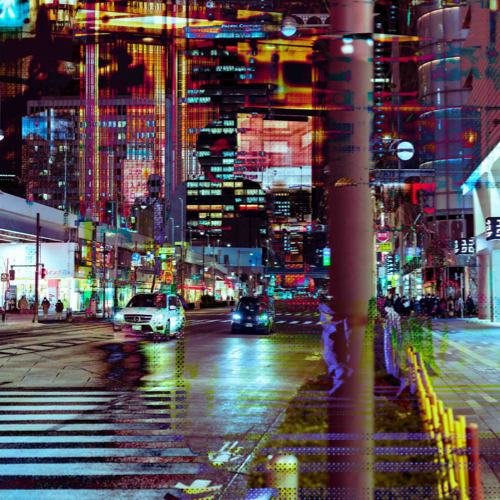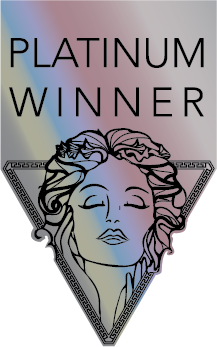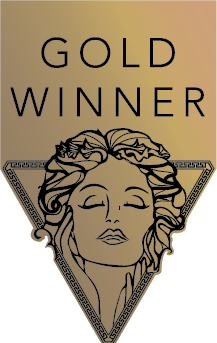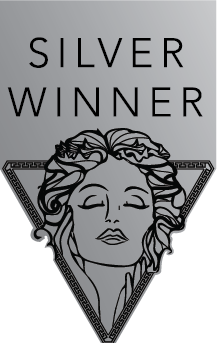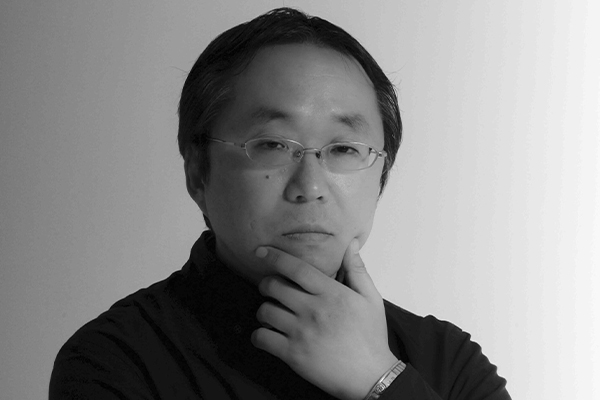
Interview
Masaaki Toyoyoshi
Japan
Due to the progression of glaucoma, Masaaki Toyoyoshi realized that this will be how he perceives the world and is accepting of the situation. He is currently working on a series called ‘MONOCLE VISION’ inspired by his ‘invisible’ vision.
1 Can you introduce yourself and talk about how you got into photography?
I mainly create contemporary photos. I have been suffering from glaucoma, an eye disease, and I have almost lost the sight in my left eye. I am working on a series called "MONOCLE VISION" to express this "invisible vision". It was named after the monocle that was popular in Europe at the end of the 19th century. When I was despairing as my vision was lost due to the progression of glaucoma, I realized that this way of seeing was my own, and I was able to accept my situation for the first time. Since then, I have been continuing this work as my life's work.
2 Where did you study photography?
I have been involved in various forms of photography, including books, online articles, videos, and photography classes. For about 10 years since 2010, I received guidance from Mr. Yukinori Tokoro, a photographer.
3 Do you remember your first shot? What was it?
It was a family travel photo taken with an instant camera when I was little. I remember that taking photos itself was interesting at that time.
4 What equipment do you use?
I mainly use Sony's ? series and also use the Ricoh GR III. I also use a retinal projection camera.
5 What compliment inspired/touched you the most?
It's not a compliment, but I am very inspired by the words of the pianist Gohei Nishikawa, who said, "This illness is a gift".
6 What inspires your unique storytelling?
It's the everyday scenes that inspire me the most. I am strongly inspired by visual hallucinations where the sense of distance and horizon is disturbed, and things that are not actually there are seen.
7 What THREE (3) words describe your photography style?
Invisible vision, unique expression, and multiple exposure.
8 Congratulations! As the winner of the MUSE Photography Awards, what does it mean for you and your team to receive this distinction?
We see this award as a step towards creating better work as photographers and hope to continue producing meaningful pieces.
9 Can you explain a bit about the winning work you entered into the MUSE Photography Awards, and why you chose to enter this project?
In Japan, the genre of contemporary photography is not yet well-established. Therefore, we mainly submit our work to overseas competitions.
10 How has winning an award developed your career?
Winning awards at overseas competitions is highly valued in Japan. Also, exhibiting in a virtual gallery was very meaningful. My friends and acquaintances were surprised and supportive of the award.
11 Name 1-3 photographers who have inspired you.
Ansel Easton Adams II,Man Ray,Yukinori Tokoro
12 What was the best piece of advice you were given starting out, by a mentor or your role model?
The best advice I received from a mentor was that there's no point in copying someone else's work. Originality is key.
13 What advice would you give someone who would like to become a photographer today?
It's important not to give up and to keep going. The methodology for becoming a photographer varies greatly and is different for each person. Some people debut by winning competitions, while others continue to publish their work consistently and gradually build their career. Some people also learn techniques by joining a photography agency before becoming independent. There is no easy way, no matter which path you choose. It's important to find your own way and follow your own path. To seize opportunities, it's important to never give up. Personally, I continue to work hard every day with this in mind.
14 What is your key to success? Any parting words of wisdom?
Listen to your inner voice. The answer is always within you.
15 How do you stay in that space of being receptive to new information and knowledge?
There is no set form for artistic expression. Continuously exposing oneself to new experiences and incorporating them leads to further refinement of one's work. This includes not only technical aspects, but also ways of thinking, emotions, and world events. The key is to always keep learning and incorporating new ideas.
16 Anything else you would like to add to the interview?
I am still very much a novice. I will continue to strive and aim for bigger awards. At the same time, I also want to use the power of photography to contribute to society. I hope to engage in activities aimed at achieving a society where no one is left behind by tackling various social issues. Thank you for your support going forward.
